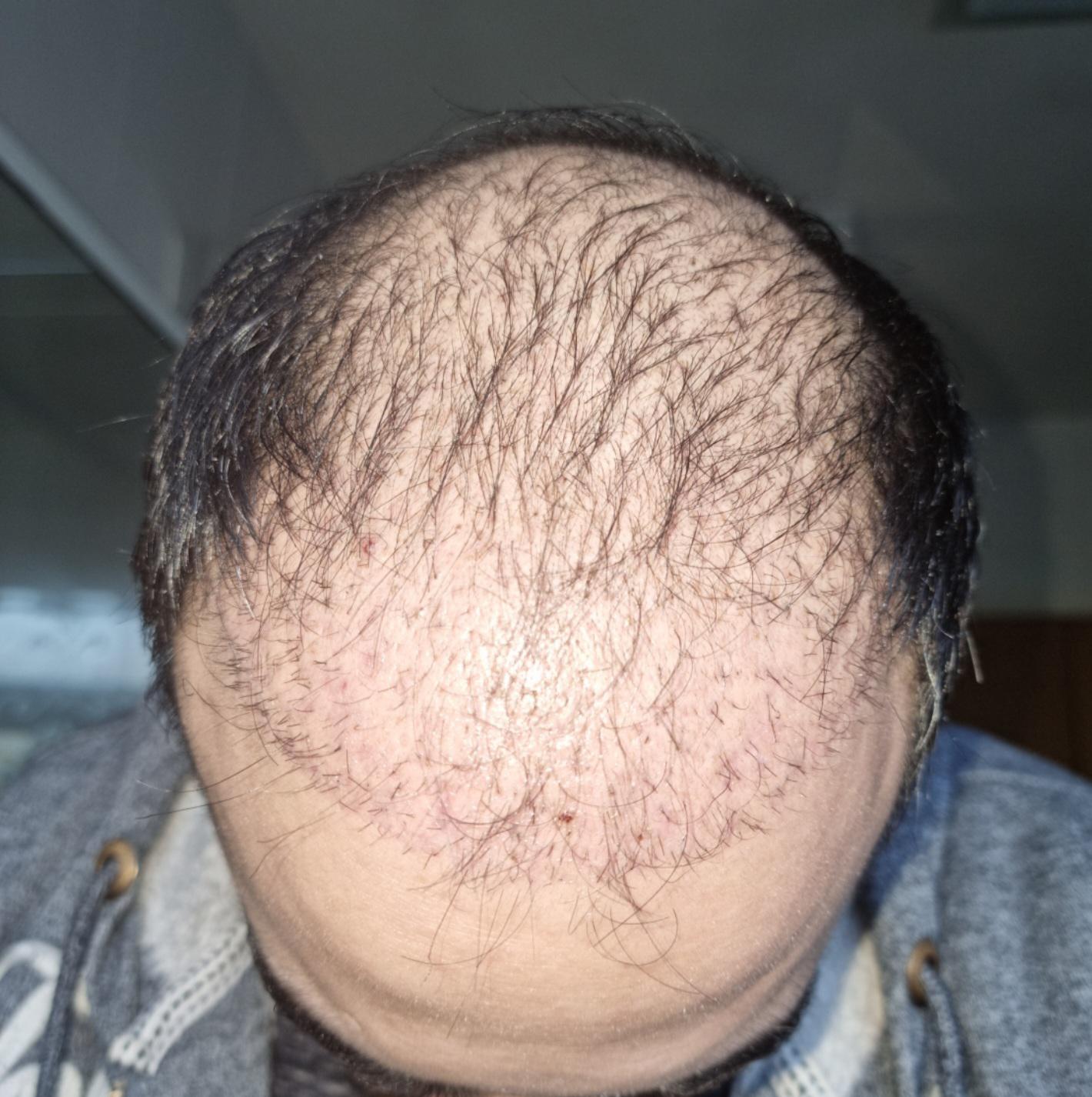In the modern age, where medical advancements offer solutions to numerous physical and aesthetic concerns, questions about the permissibility of such procedures within Islamic teachings often arise. One such topic is hair transplantation—a procedure increasingly popular among individuals seeking to restore hair loss. Let’s delve into the question: Is hair transplant haram in Islam? We will examine the religious perspective, analyze scholarly views, and highlight the benefits of the Hair Transplant in Dubai procedure.
Understanding Hair Transplantation
Hair transplantation is a medical procedure designed to move hair follicles from one part of the body—typically the back or sides of the scalp—to areas experiencing hair thinning or baldness. The two most common techniques are:
- Follicular Unit Transplantation (FUT): This involves removing a strip of scalp tissue, harvesting hair follicles, and transplanting them to the balding area.
- Follicular Unit Extraction (FUE): This involves extracting individual hair follicles and implanting them in the desired area.
Both methods are primarily aimed at improving appearance and self-confidence. But does this align with Islamic principles?
The Islamic Perspective on Cosmetic Procedures
Islam places significant emphasis on preserving the natural form and adhering to principles of modesty and contentment. Altering Allah’s creation is generally discouraged unless it serves a legitimate medical or functional purpose. To assess whether hair transplantation aligns with these values, let’s explore key considerations:
- Restoration vs. Alteration
- Hair transplantation is often seen as a restorative procedure rather than one designed for vanity. It aims to return an individual to their natural state before hair loss occurs, which many scholars argue is permissible in Islam.
- Intentions Matter
- Islam emphasizes the importance of intentions (niyyah). If a hair transplant is pursued to address psychological distress, self-esteem issues, or medical conditions, it may be considered acceptable.
- Temporary vs. Permanent Changes
- Unlike tattoos or other permanent modifications, hair transplants use one’s natural hair and involve a process that mimics natural growth, which may make it less controversial from an Islamic standpoint.
Scholarly Opinions on Hair Transplants
Islamic scholars have differing views on hair transplants, but many agree on the following points:
- Permissibility Based on Necessity
- Renowned scholars like Dr. Yusuf al-Qaradawi have stated that procedures addressing deformities or restoring natural appearance—such as repairing burns, scars, or hair loss—are permissible.
- Avoidance of Vanity
- Scholars caution against undergoing hair transplants purely for excessive vanity or societal pressure, which may conflict with Islamic values of humility and self-acceptance.
- Use of Lawful Materials
- The procedure must not involve haram (forbidden) materials, such as hair from another person or non-halal substances.
Benefits of Hair Transplants
Hair transplants can offer several advantages beyond aesthetic improvement:
- Boosts Self-Confidence
- Restoring hair can improve self-esteem, which in turn may positively impact social interactions and professional life.
- Addresses Psychological Distress
- Hair loss can lead to anxiety or depression for some individuals. Hair transplantation helps mitigate these effects.
- Permanent Solution
- Unlike temporary fixes like wigs or hairpieces, transplants offer a long-term solution using the individual’s natural hair.
- Minimal Maintenance
- Once transplanted hair grows, it requires no special care beyond normal grooming, making it a practical option.
Key Considerations Before Opting for a Hair Transplant
If you’re considering a hair transplant and want to ensure compliance with Islamic principles, keep the following in mind:
Consult a Religious Scholar
Seek guidance from an Islamic scholar to clarify any doubts based on your specific circumstances.
Evaluate Your Intentions
Reflect on your motivations. Are you seeking the procedure for personal confidence or societal validation?
Research the Hair Transplant Procedure
Ensure that the clinic adheres to ethical practices and uses only halal materials.
Consider Alternatives
Explore non-surgical options if hair restoration isn’t necessary for your physical or psychological well-being.
FAQ’s:
1. Is using donor hair in a transplant haram?
Yes, using hair from another person is generally considered haram in Islam, as it involves altering Allah’s creation with foreign elements. Transplants should use the individual’s natural hair.
2. Are hair transplants allowed for women in Islam? Yes, women may undergo hair transplants if it’s to address significant hair loss, psychological distress, or medical conditions, provided the procedure adheres to Islamic guidelines.
3. Does a hair transplant nullify ablution (wudu)? No, since the transplanted hair is part of the person’s body, it does not affect the validity of wudu or ghusl (ritual washing).
Conclusion:
Hair transplantation is generally permissible in Islam when undertaken for legitimate reasons, such as restoring natural appearance or addressing psychological distress. The procedure aligns with Islamic principles as long as it avoids vanity, uses the individual’s natural hair, and adheres to halal methods.
LONGWAY Kiger P1 1200 mm/48 inch Ultra High Speed 3 Blade Anti-Dust Decorative Star Rated Ceiling Fan (Smoked Brown, Pack of 1)
₹1,069.00 (as of 17 April, 2025 16:54 GMT +05:30 - More infoProduct prices and availability are accurate as of the date/time indicated and are subject to change. Any price and availability information displayed on [relevant Amazon Site(s), as applicable] at the time of purchase will apply to the purchase of this product.)COFENDY Portable Mini Cooler Rechargeable Air Conditioner Water Cooler Small AC for Office, Home Cooling, Summer Fan Evaporative Brush USB Compatible Stickers Cleaning 3 Fast Speed (Ac Mini)
₹799.00 (as of 17 April, 2025 16:54 GMT +05:30 - More infoProduct prices and availability are accurate as of the date/time indicated and are subject to change. Any price and availability information displayed on [relevant Amazon Site(s), as applicable] at the time of purchase will apply to the purchase of this product.)VISBY INDIA 2 L Capacity Belt Straw Transparent Motivational Water Bottles|Time Marker Leak Proof&Break-Proof|Best Usage For Office/School/Gym/Travel Bottle|Bpa-Free Fitness Sports Bottle (Black)
₹159.00 (as of 17 April, 2025 16:54 GMT +05:30 - More infoProduct prices and availability are accurate as of the date/time indicated and are subject to change. Any price and availability information displayed on [relevant Amazon Site(s), as applicable] at the time of purchase will apply to the purchase of this product.)Cooler for Room Cooling Mini AC Portable Mini Fan Artic Cooler with 7 Colors LED Light, 1/2/3 H Timer, 3 Wind Saver Speeds and 3 Spray Modes Vault Office,Home,Dorm, Save Carved Design (Multicolour)
₹699.00 (as of 17 April, 2025 16:54 GMT +05:30 - More infoProduct prices and availability are accurate as of the date/time indicated and are subject to change. Any price and availability information displayed on [relevant Amazon Site(s), as applicable] at the time of purchase will apply to the purchase of this product.)SR Popsicle Molds, Silicone Ice Cream Mold with Cover, DIY Ice Cream Tray Creative Ice Making Kitchen Tools for Household (4 PES)
₹199.00 (as of 17 April, 2025 16:54 GMT +05:30 - More infoProduct prices and availability are accurate as of the date/time indicated and are subject to change. Any price and availability information displayed on [relevant Amazon Site(s), as applicable] at the time of purchase will apply to the purchase of this product.)Discover more from The General Post
Subscribe to get the latest posts sent to your email.




